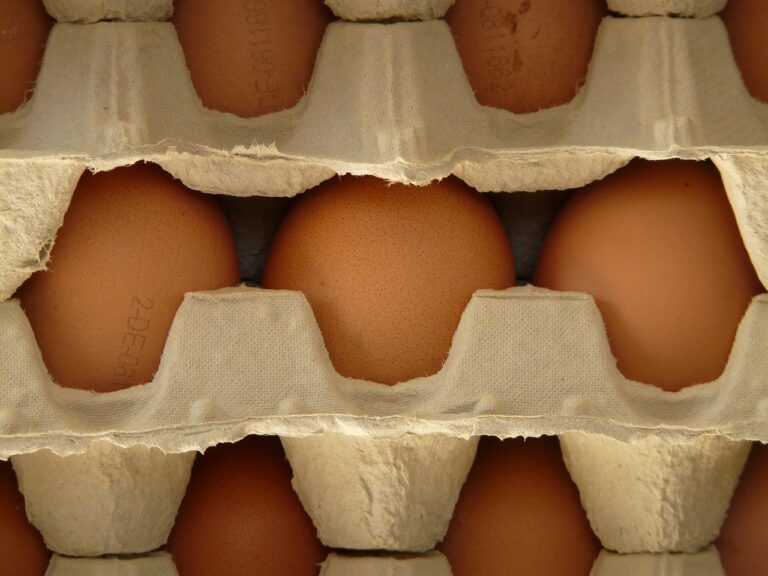The Science Behind Food Digestion and Metabolism
The process of food digestion begins in the mouth. As food is chewed and mixed with saliva, enzymes start breaking down carbohydrates into smaller molecules. Once the food is a soft mass called bolus, it is swallowed and travels down the esophagus to the stomach.
In the stomach, proteins are targeted for digestion by stomach acid and enzymes. The churning motion of the stomach helps mix the food with digestive juices, forming a semiliquid substance known as chyme. From the stomach, chyme moves into the small intestine where further digestion and absorption of nutrients take place.
The Role of Enzymes in Digestion
Enzymes play a crucial role in the process of food digestion within the human body. These biological molecules act as catalysts, accelerating chemical reactions that break down large food molecules into smaller, more easily absorbed nutrients. Enzymes are produced by various organs, including the salivary glands, stomach, pancreas, and small intestine, each targeting specific types of nutrients for digestion.
The digestive enzymes are specialized to target different types of macronutrients: carbohydrates, proteins, and fats. For instance, amylase breaks down carbohydrates, protease targets proteins, and lipase focuses on breaking down fats. Through a series of intricate reactions, these enzymes ensure that our body can extract the necessary nutrients from food to fuel various physiological processes.
What are enzymes?
Enzymes are proteins that act as catalysts in chemical reactions within the body.
How do enzymes help in digestion?
Enzymes help break down food molecules into smaller, more easily absorbable components during the process of digestion.
What are the different stages of food digestion?
The stages of food digestion include ingestion, digestion, absorption, and elimination.
Which enzymes are involved in the digestion of carbohydrates?
Enzymes such as amylase, sucrase, and lactase are involved in the digestion of carbohydrates.
What enzymes are responsible for digesting proteins?
Enzymes like pepsin and trypsin are responsible for digesting proteins into amino acids.
How do enzymes aid in the digestion of fats?
Enzymes like lipase help break down fats into fatty acids and glycerol for absorption.
Where are enzymes produced in the body?
Enzymes are produced in various organs like the salivary glands, stomach, pancreas, and small intestine.
Can enzyme deficiencies affect digestion?
Yes, enzyme deficiencies can lead to digestive issues like bloating, gas, and malabsorption of nutrients.
How can enzyme supplements help in digestion?
Enzyme supplements can provide additional enzymes to aid in the digestion process, especially for individuals with enzyme deficiencies.







